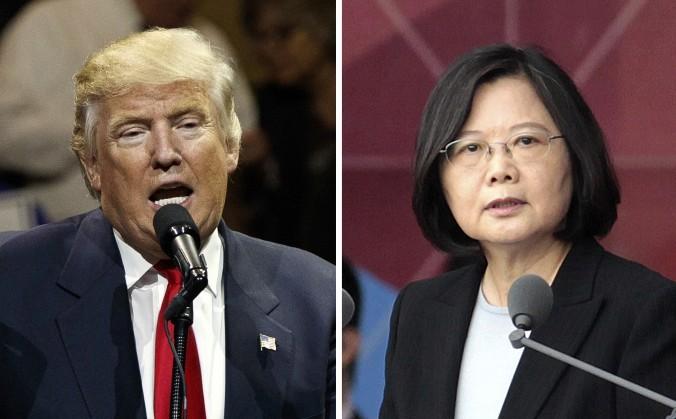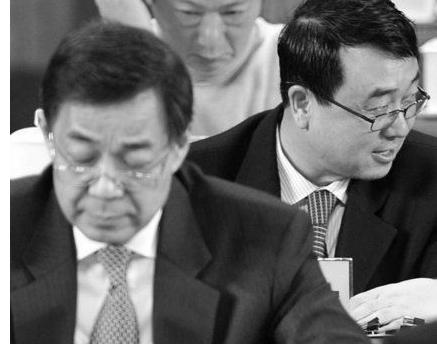United States president-elect Donald Trump’s unexpected telephone conversation with Taiwan president Tsai Ing-wen has been a hotly debated topic. Some speculate that the call is a turning point in U.S.-China relations. Others suggest that the call has undermined power relations in the Taiwan Straits.
But what if the call is really a shrewd test by Trump?
Sure, Trump is assessing Chinese leader Xi Jinping. But the main persons being tested are the several Secretary of State candidates—former Massachusetts Gov. Mitt Romney, former New York City Mayor Rudy Giuliani, former U.N. Ambassador John Bolton, and California Republican Rep. Dana Rohrabacher, to name a few.
Trump doesn’t seem like the sort of president who is content to clock in the hours and enjoy peaceful nights. He has big plans to restore American greatness, and wants to seal his place in history. Whether or not Trump succeeds on the world stage will hinge on his ability to find a competent Secretary of State who is like-minded and fully understands Trump. (In China, it’s like how Xi Jinping’s anti-corruption campaign can’t operate without anti-corruption chief executioner Wang Qishan.)
President-elect Trump is surely going through his list of Secretary of State candidates and checking their relations with Congress, their diplomatic experience, and whether or not they have supported and stayed loyal to him throughout the presidential election cycle, etc. However, the pivotal factor is that the candidate must have the sense of righteousness and duty about America’s most important diplomatic mission—U.S.-China relations.
U.S.-China relations are the central axis that economics, military matters, regional stability, or global matters revolve around. And relations in the Taiwan Straits are especially sensitive, extremely specialized, and intractably problematic. Trump’s Secretary of State candidate needs to be astute, familiar with U.S.-China relations and the situation surrounding Taiwan, and have the necessary diplomatic skills to handle this important and sensitive task. Above all, the candidate needs to agree with Trump’s ideas.
Such a candidate has emerged after Trump’s Taiwan call.
Rep. Dana Rohrabacher was the first Secretary of State candidate to react to Trump’s test. And in his answer, Rohrabacher projected confidence and a sense that he understood Trump’s thinking.
Rohrabacher believes that Trump picking up Tsai Ing-wen’s congratulatory call sends the proper message to the leftist politicians in the Chinese regime and the United States: Trump has his own ideas about how to conduct affairs between America and Taiwan, and won’t be swayed by others. By breaking with diplomatic norms, Trump is also sending a message to the Chinese regime that he can’t be taken advantage of.
Rohrabacher’s rapid response shows that he understands full well that Trump is exploiting his special presidential-elect status to issue a statement of principle. The tester and the tested are in sync, and have both shown they can tell right from wrong.
Dana Rohrabacher has said on a number of occasions that if he becomes Secretary of State, he will urge the Chinese regime to stop the atrocity of live organ harvesting. This is in line with Trump’s sense of justice, and also meets Xi Jinping’s demands in eliminating former Communist Party leader Jiang Zemin’s clique, who started the atrocity more than a decade ago. Xi has spent the last four years using the anti-corruption campaign to clear out members of Jiang’s faction. And Jiang is the mastermind behind the persecution of Falun Gong practitioners, and the harvesting of their organs for profit.




